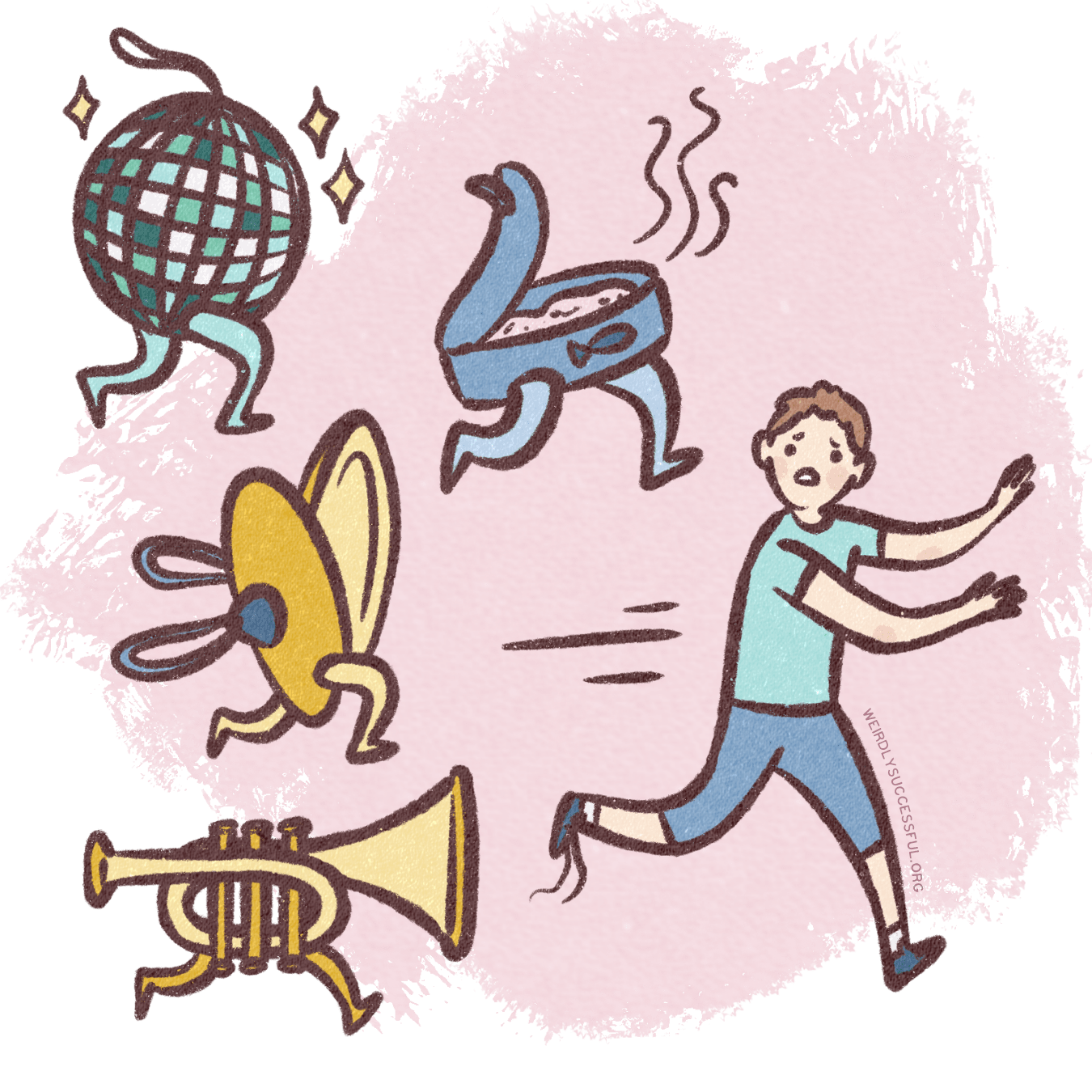misophonia
Misophonia is a neurodivergent condition characterized by an intense emotional and physiological response to specific sounds. People with misophonia experience strong negative reactions, such as anger, anxiety, or disgust, when exposed to certain sounds. These sounds can vary from person to person but commonly include chewing, slurping, tapping, or repetitive noises.




